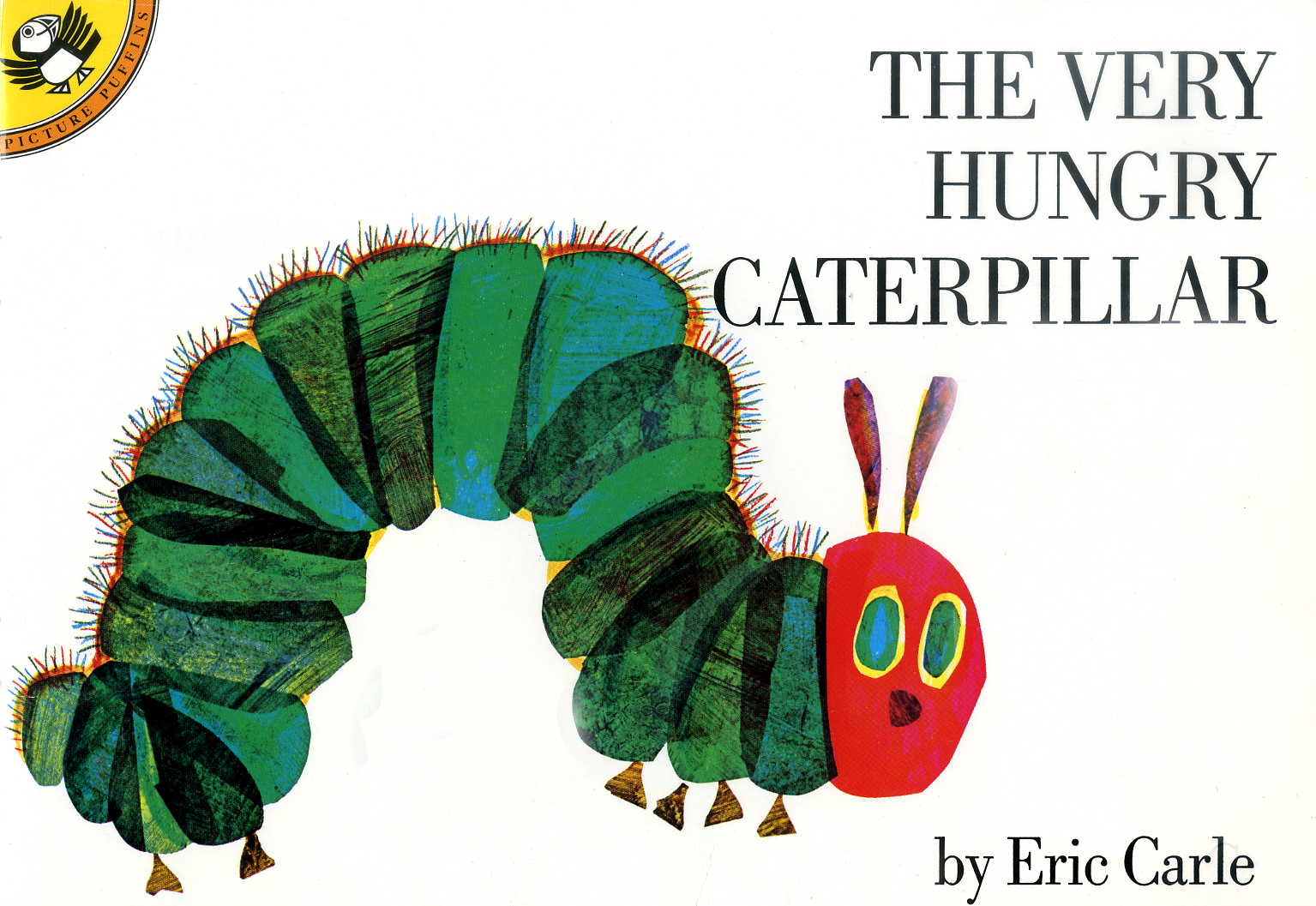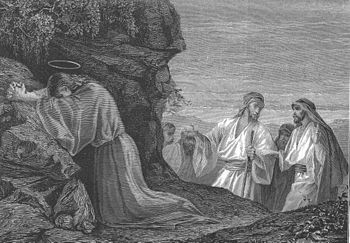I am an avid reader of science and technology articles. I read Wired and Popular Science cover to cover within days of the magazine arriving in my mailbox and I read articles from numerous websites. I get super excited when I notice a link between my two passions — science and technology and prayer and spirituality.
I came across such an article that dived into the science behind fasting. A researcher has a theory that fasting obstructs a hormone responsible for cell growth and makes people more sensitive to insulin. He thinks that periodic fasting could reduce one’s chances of developing diabetes or cancer. The technical details are beyond the scope of this article but it’s an interesting read.
The article mentions that those who fast often feel sharper mentally because of a process called ketosis. It has something to do with a difference in body chemistry when you’re burning fat instead of carbohydrates. But that got me thinking about why the Church recommends fasting in addition to prayer. If fasting sharpens the mind and makes you physically healthier, could it also make you spiritually healthier as well?
The common idea behind fasting is that we give up something physical (such as food) and replace it with something spiritually nourishing. But this isn’t a trade of equal value. The spiritual benefit will always outweigh the physical loss. Think about that for a second. You give up a dessert or your ritual cup of coffee so you can instead better listen to God and form a deeper relationship with Him. Talk about giving up so little to gain so much! Seems like an easy deal right?
And yet, while we all know the tremendous benefit of fasting, it is probably one of the hardest disciplines to practice. I think many of us have no problem saying some extra prayers, reading the bible, or praying the rosary when we put our minds to it. But you might as well suggest amputating a limb at the idea of not having that slice of cheesecake, substituting that mouth watering bacon burger for soup, or cutting out that cup of afternoon coffee. But that’s the point isn’t it? The harder the sacrifice, the more you benefit. When you say, “Okay God, I’m giving this up for you!” the better you will be able to hear God respond with a “thank you” and His grace.

Fasting amplifies our prayers and our reception of God’s Word. Compare fasting/prayer to diet/exercise. Exercise is not as effective without a matching, healthy diet. All that you gain working out for an hour can be undone with a single cheesecake slice. Or your health can be further benefited by supplementing exercise with nutritious food. The same can be said for prayer. All the benefits of prayer can be undone by a moment of sin or it can be elevated when combined with fasting. Obviously, if we pray and then turn around and sin we really haven’t let God’s grace into our hearts. But when we pray and fast, we allow God more room in our hearts to truly transform us. St. Augustine once said, “Those who sing pray twice.” If that’s true then I say that those who fast must be praying five-fold.

How does fasting connect to the rosary? Think about one of the themes of the Third Luminous Mystery. Jesus calls us to focus on living for His Kingdom of Heaven. That focus manifests itself by active conversion of our ways. We change our earthly focus to a Heavenly one. And that is exactly what fasting is all about. We give up something worldly in exchange for something spiritual. We intentionally choose the Kingdom of Heaven over delights in this earthly kingdom. No one accidentally fasts. Nor do we accidentally live for Heaven. In the Third Luminous Mystery, Jesus puts a choice before us. Will you live for His kingdom and convert your ways or will you remain chained to the pleasures of this life?




